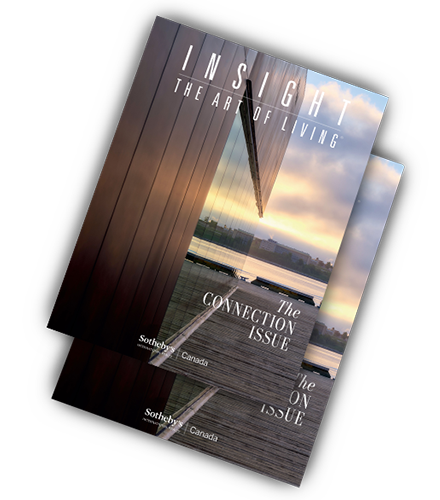Buying a new home can be a confusing and overwhelming process, particularly if it is your first home purchase. We’ve outlined some of the most important things to be aware of that can benefit you if you’re looking to buy a home in Canada.
Mortgage Pre-Approval
A mortgage pre-approval will help you to understand what you can afford before looking for a new home. The added bonus with getting pre-approved is your lender will lock in the current interest rate for up to 120 days, which can save you costs should the interest rate go up in the time before you find your new home.
Prepare for Your Down Payment
In Canada, a minimum down payment of 5% is typically required to buy a home valued at $500,000 or less. However, providing a larger down payment can help you avoid having to pay for mortgage insurance. A down payment of 20% or more qualifies you for a conventional mortgage, meaning you can skip having to pay extra for mortgage insurance.
First-Time Home Buyer Incentive
If you are purchasing your first home, you may be able to receive a government loan of 5% to 10% of the home’s purchase price to put toward a down payment. You’ll qualify for this incentive if your annual income is under $120,000 throughout most of Canada, or under $150,000 if the home you’re purchasing is in Vancouver, Victoria, or Toronto.
Home Buyer’s Plan
With Canada’s Home Buyer’s Plan, first time homebuyers can withdraw a loan of up to $35,000 to buy or build a qualifying home. If you are purchasing the property with an eligible spouse, they’ll be able to withdraw the same amount, providing you with up to $70,000 total.
Home Buyer’s Amount
This plan allows eligible people to receive an income tax credit amount of up to $10,000 on a new home. To be eligible you must either be a first-time home buyer, a person with a registered disability, or someone buying a home for a related person who is eligible for the disability tax credit.
New Housing Rebate
The Government of Canada offers rebates for some of the GST or the federal part of the HST on a home that is newly built or has been substantially renovated if the home was purchased for you or a relative to use as a primary residence. Several provinces also offer rebates of their own, which you can compound with the federal rebate.
You Can Use Your TSFA
With a TSFA, withdrawals are exempt from taxes, including any gains earned from the account. Using your TSFA to save for a first home can be a useful alternative to applying for the Home Buyer’s Plan, particularly if you don’t have a secured income. This can be useful if you are a student or new to the work-force.
Using an FHSA
Starting this April, The First Home Savings Account (FHSA) government plan enables first-time homebuyers to save up to $40,000 total – and up to $8,000 per year – to put toward their first home. This plan combines the benefits of the RRSP and the TSFA, as contributions toward an FHSA are tax deductibles, and income and gains as well as withdrawals from the account are tax-free.
To learn more about your rights as a home-buyer in Canada, contact one of our licensed real estate agents and let us help begin the search for your dream home.



